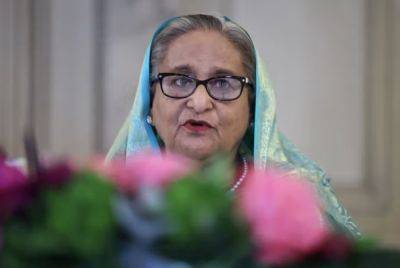'Economic refugees' flee from New Zealand as cost-of-living crisis deepens
Once recognized by the world as a picturesque and progressive safe haven, New Zealand's frail economy has pushed many of its citizens to leave the country.
Amid high prices, steep interest rates and elevated unemployment, the government recently estimated that 131,200 people fled the country in the past 12 months through June, a record high. Among those, about 80,200 were citizens, nearly 70% higher compared to the year ended June 2019, before the pandemic.
Wilson Ong, 32, who works as a manager and buyer in New Zealand's fashion retail industry, has seen many of his friends leave, and he's planning to join them.
"For me, the key factor is quality of jobs," he said. "In New Zealand, you feel limited in terms of job opportunities and what you can gain in work experience."
It's long been common for younger New Zealanders, also known as kiwis, to seek experiences abroad, with strict Covid-19 lockdowns having delayed many travel plans.
"We're seeing a bit of pent up demand for that sort of experience to live overseas," Nick Tuffley, chief economist at New Zealand's ASB Bank told CNBC's "Street Signs Asia" on Friday.
A turbulent economic recovery from the pandemic, however, has also been an "encouragement factor" pushing millennial and Gen Z kiwis to leave, said Tuffley. "It has been tough."
More than 50% of New Zealand's emigrants in the year ended June 2024 were people aged between 20 and 39, according to government statistics, with those between 25 and 29 making up the largest group.
"Over the course of the last year and a half, the New Zealand economy has been slowing, and job losses are beginning, especially for the youngest generations," said Shamubeel Eaqub, principal economist at the New Zealand Institute of Economic







